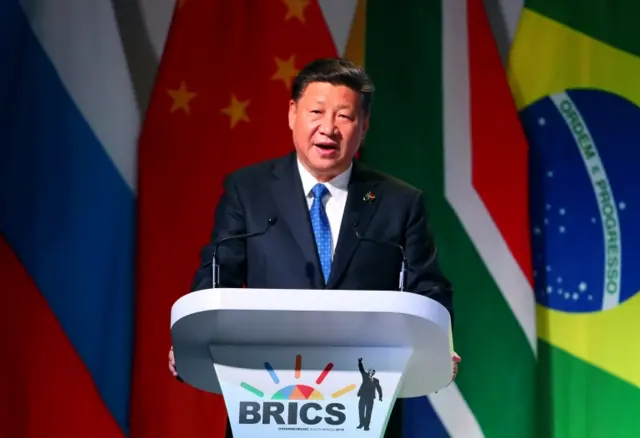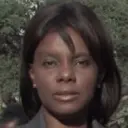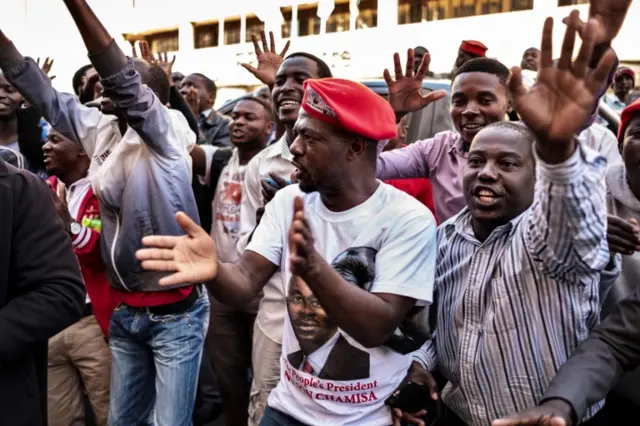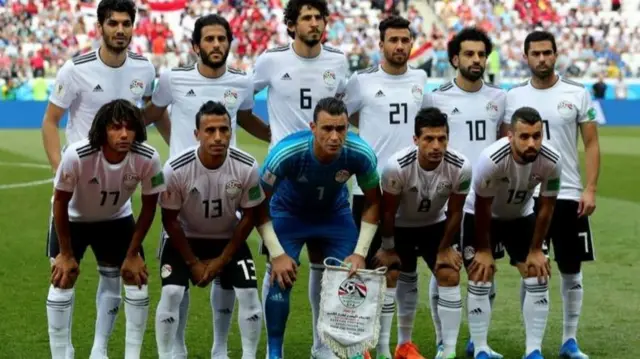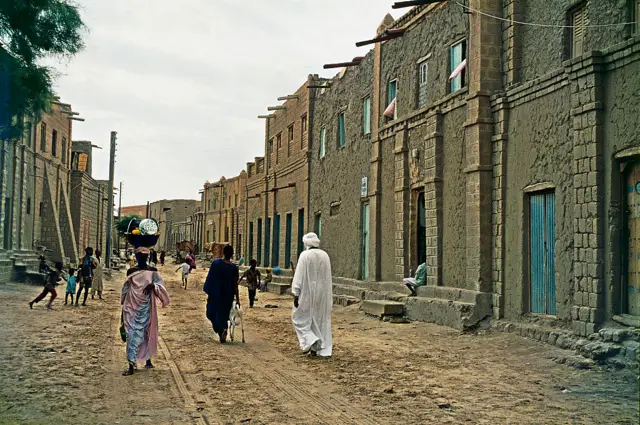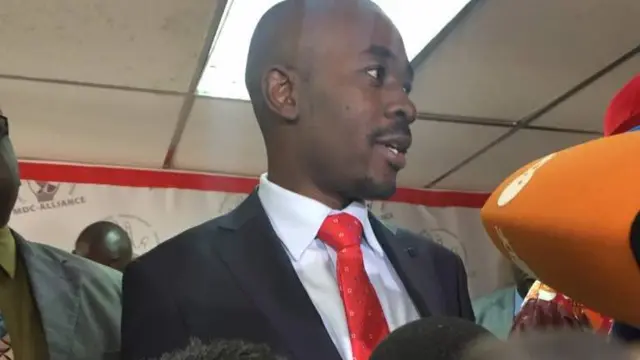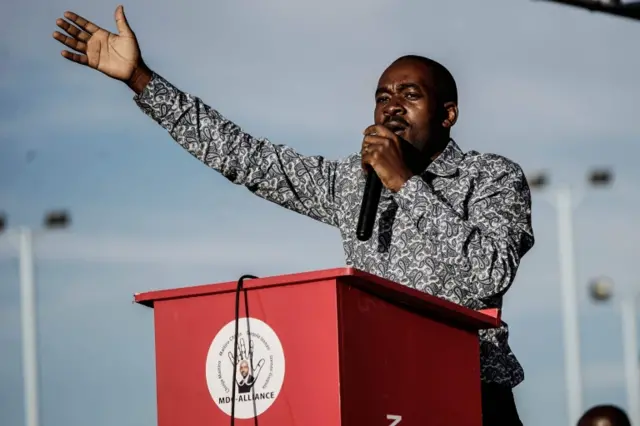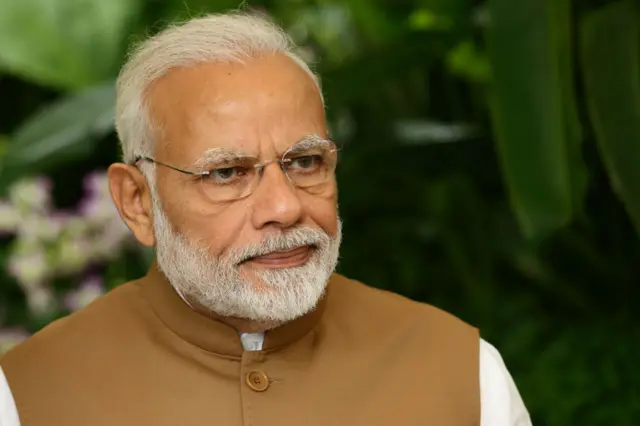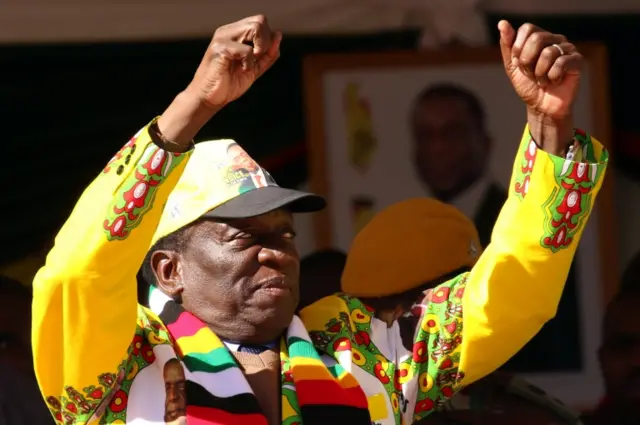South Sudan rivals sign power-sharing dealpublished at 18:00 BST 25 July 2018
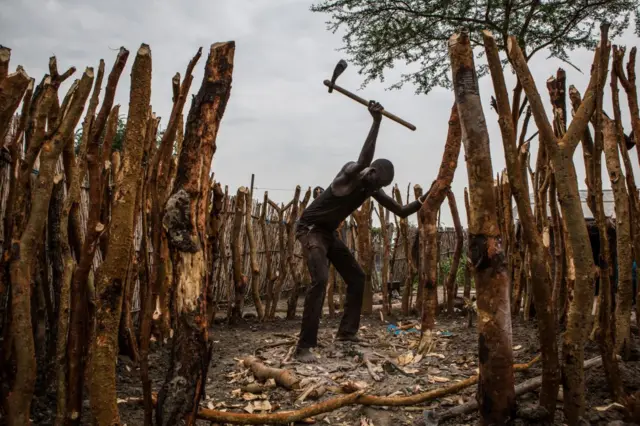 Image source, Getty Images
Image source, Getty ImagesConflict forced at least 1.5 million people to leave their homes
South Sudan's government and the main rebel group have provisionally approved a power-sharing deal at talks in the Sudanese capital, Khartoum.
Rebel leader and former Vice-President Riek Machar, who is expected to resume his government role, was at the signing ceremony. Smaller opposition groups have not signed the agreement.
In June, the warring sides agreed on a permanent ceasefire, ending five years of civil war.
That agreement called for a transitional government to be created within four months that would govern for three years.
The war broke out in 2013, when the country divided largely along ethnic lines. Tens of thousands have been killed.
